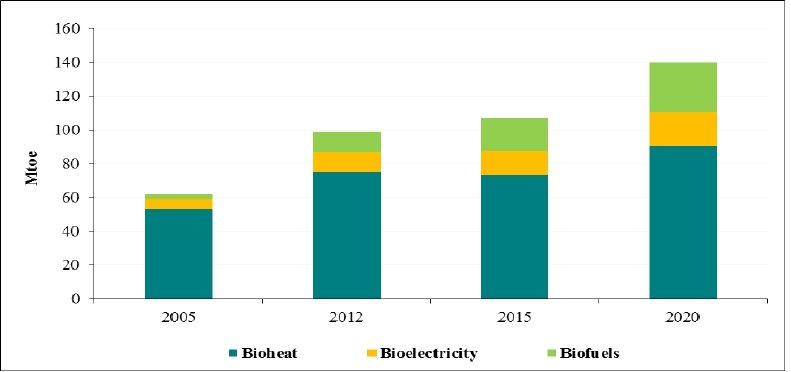 |
|
The Commission published during August a new report on the sustainability of solid and gaseous biomass used for electricity, heating and cooling. The document addresses the concerns expressed by the Parliament and key actors regarding the sustainability of bioenergy, concerns which have already been taken into account in several EC Communications.
The report reviews national biomass sustainability criteria in order to check to what extent they are in line with the recommendations contained in the 2010 Biomass Report. It finds that while half of the Member States have adopted regulations promoting higher eficiency of bionergy production, only Belgium, Italy and UK have adopted greenhouse gas (GHG) saving criteria for biomass. Regarding sustainability criteria (sustainable forest management, criteria for agricultural biomass, etc.) Belgium, Hungary, UK and by the end of the year the Netherlands have adopted some type of standards. These differences on national sustainability schemes may create some market distortions, but the existing EU tools on technical standards should be enough in order to manage any future problem. Moreover the document examines a series of sustainability risks such as unsustainable feedstock production, energy efficiency or air quality impacts.
The Communication can be consulted in the following link:
http://ec.europa.eu/energy/renewables/bioenergy/doc/2014_biomass_state_of_play_.pdf
